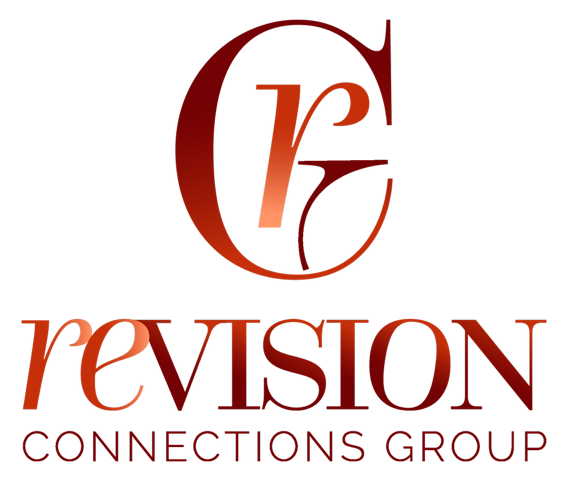Refining Policies, Practices, & Procedures: A Blueprint for Organizational Success
Every successful organization, whether a business, non-profit, or government entity requires clear, effective, and adaptable policies, practices, and procedures. These elements shape daily operations, define leadership strategies, and establish a framework for accountability. However, as industries evolve and challenges emerge, refinement becomes essential to ensure efficiency, equity, and impact.
Here’s why organizations must continuously refine their policies, practices, and procedures and how they can do it effectively.
The Importance of Refinement
Rigid, outdated policies can hold an organization back. Refinement ensures that rules and processes remain relevant, fostering productivity, ethical governance, and alignment with the organization’s mission.
Policies – These set overarching guidelines and principles. Outdated policies can lead to inefficiencies or even legal risks.
Practices – How policies are applied in real-world scenarios determines effectiveness. Refinement ensures that they remain ethical, equitable, and sustainable.
Procedures – The detailed, step-by-step instructions that shape daily operations. A streamlined approach improves clarity, compliance, and accountability.
Without regular refinement, organizations risk inefficiencies, compliance failures, and systemic inequities.
Key Steps to Refining Policies, Practices, and Procedures
Successful refinement requires an intentional and strategic approach. Here’s how organizations can optimize their frameworks:
Audit Existing Frameworks – Conduct regular reviews to identify outdated policies, ineffective practices, or procedural bottlenecks.
Engage Key Stakeholders – Employees, leadership teams, and community members provide valuable insights that enhance policy effectiveness.
Ensure Alignment with Values & Compliance – Refinements should reinforce organizational integrity, legal requirements, and industry standards.
Prioritize Equity & Inclusion – Eliminate systemic barriers and create policies that support diverse voices and inclusive workplaces.
Implement Clear Communication & Training – Refinements mean little without effective adoption; employees and teams must understand and embrace the changes.
The Long-Term Impact of Effective Refinement
Organizations that refine their policies, practices, and procedures experience lasting improvements in:
Operational Efficiency – Streamlined procedures reduce confusion, enhance productivity, and improve decision-making.
Workplace Culture & Morale – Equitable practices foster trust, accountability, and inclusivity.
Reputation & Impact – Organizations with clear, effective governance earn stronger credibility with employees, partners, and clients.
Legal & Regulatory Compliance – Proactive refinement prevents risks related to outdated policies or non-compliance issues.
A Commitment to Growth
Policy, practice, and procedure refinement is not a one-time event, it’s an ongoing commitment to adaptability, fairness, and efficiency. Organizations that embrace continuous improvement build stronger teams, enhance impact, and lead with confidence. By refining the way they operate, lead, and serve, organizations position themselves for long-term success.


